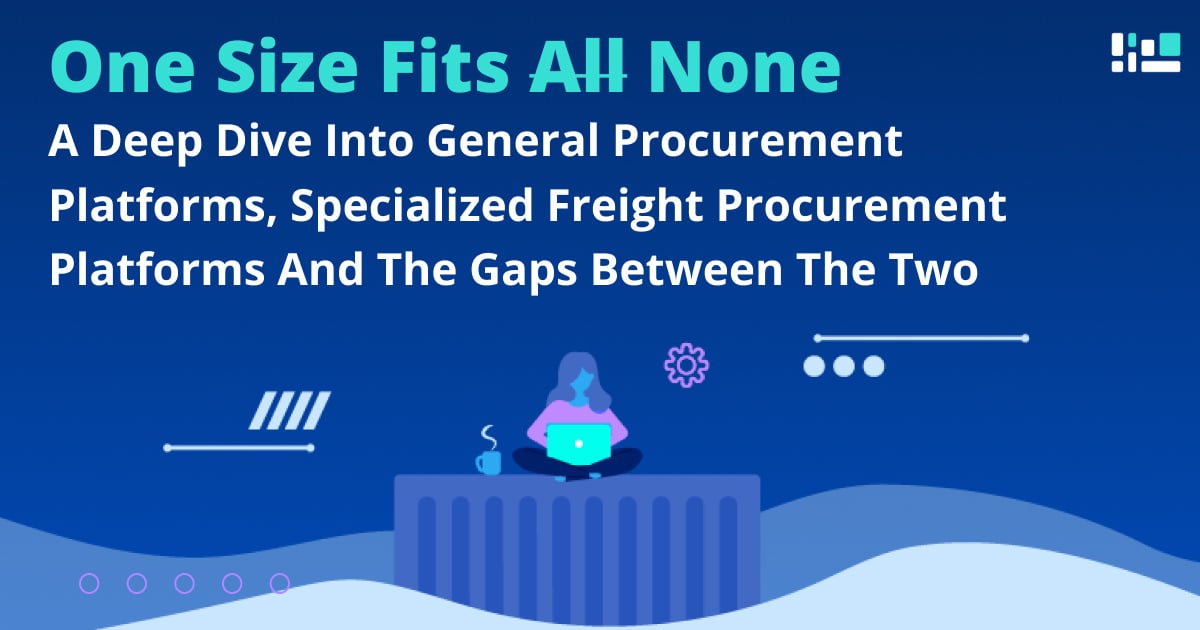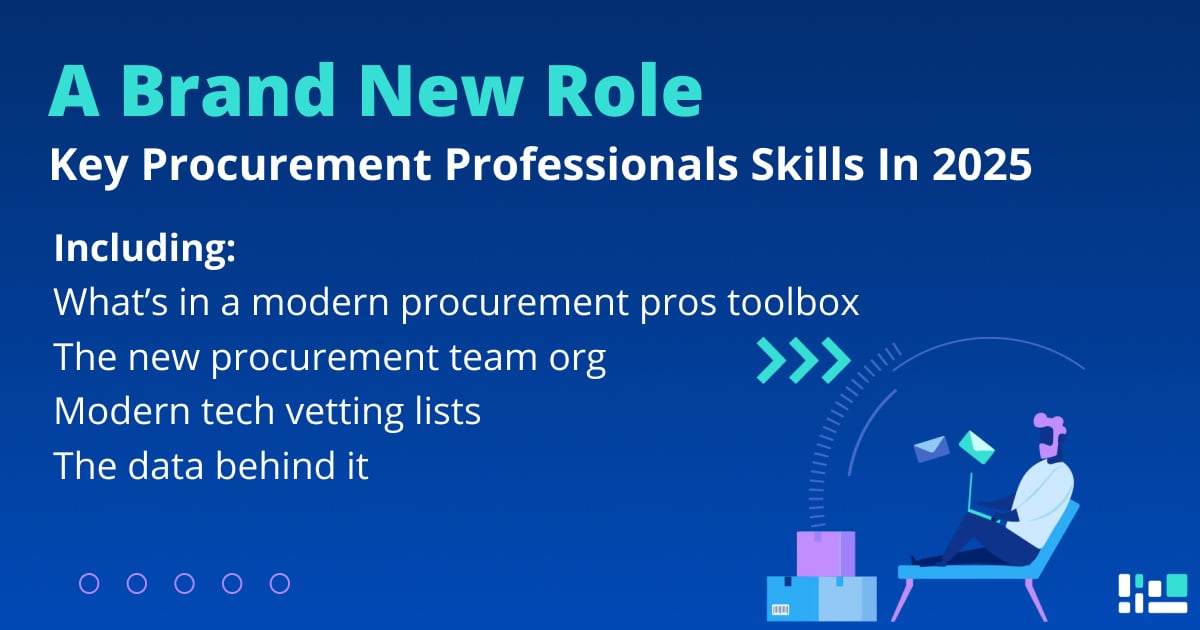Increased pressures and antiquated processes in freight tendering
Amid a shortage of capacity and with freight rates rocketing, many businesses have postponed tender activity while they focus on spot buying. But logistics teams are likely to come under extreme pressure when tender activity is resumed due to the reliance on manual processes and the need to procure and compare rates from a larger number of carriers in order to control costs. Forward-thinking shippers are looking to digital technologies to avoid major bottlenecks in their internal sourcing and procurement process.
Businesses are postponing their freight tendering
There is still no end in sight for the crisis in shipping and logistics. Numerous ports are experiencing historic levels of disruption and with containers not making it back to Asia, capacity is hugely stretched. Carriers are having to prioritise their largest customers and many are simply unable to service the needs of smaller and mid-sized shippers. Shippers have been forced onto the spot market to secure their short-term capacity needs and many are postponing their tender activity in the hope that long-term freight rates will fall.
Problems exacerbated by the reliance on manual processes
However they may face bigger problems when they resume their tender activity. Much of the logistics industry still works offline on spreadsheets and freight tendering is a slow and onerous task. The RFQ process typically involves vast spreadsheets - with complex rate structures and hundreds, or even thousands, of shipping lanes - which must be populated by carriers and then painstakingly analysed by logistics teams. The process is also prone to human error and the entire analysis often has to be repeated due to inaccuracies in the data.
Given the current market conditions, it is likely that shippers will need to compare freight rates from a larger number of carriers in order to control costs and optimise their supply chains. As well as making the process of procuring and analysing rates much more complex for shippers, carriers will also need to respond to a much larger number of requests. The reliance on traditional tools such as Excel means that the whole tendering process may buckle under pressure with significant losses in efficiencies.
Digital logistics procurement tools dramatically simplify freight tendering
Shippers increasingly recognise that the traditional tendering process is no longer fit for purpose. Afterall it remains largely unchanged despite enormous advances in technology. By eliminating manual processes and automating the most time-consuming tasks, digital logistics procurement tools dramatically simplify the tendering process. Shippers can create, amalgamate and analyse tenders from hundreds of carriers in minutes instead of days. As well as dramatically reducing workload, smart logistics procurement tools give shippers the agility and visibility they need to respond to market volatility. They can repeat the tendering process with a few simple clicks and can rapidly respond to favourable movements in long-term freight rates.
“The traditional tendering process is looking increasingly antiquated and, frankly, is no longer fit for purpose. Those that depend on manual processes face an Excel tsunami when tender activity is resumed, with a massive loss of efficiency and unnecessary costs,”
comments Thomas Mielke, CEO at logistics consultants Metroplan Process Management GmbH.
“In this climate businesses need agility, which means digital processes and complete transparency of data. The technology available today is more advanced, more specialized and more accessible so there is little reason to delay.”
About SHIPSTA
SHIPSTA powers smart logistics procurement with a digital platform that connects shippers and carriers to ensure a frictionless procurement process for spot and contract buying, entirely online. It automates complex tasks, provides unrivalled visibility and supports fast data-driven decision-making. Designed and built by experts in logistics procurement, it is bringing transparency, automation and efficiency to the global logistics industry. It is used by some of the world’s largest companies to respond to market volatility, control freight costs and manage risk. The company was founded in 2015 and is based in Mertert, Luxembourg and Hamburg, Germany.



